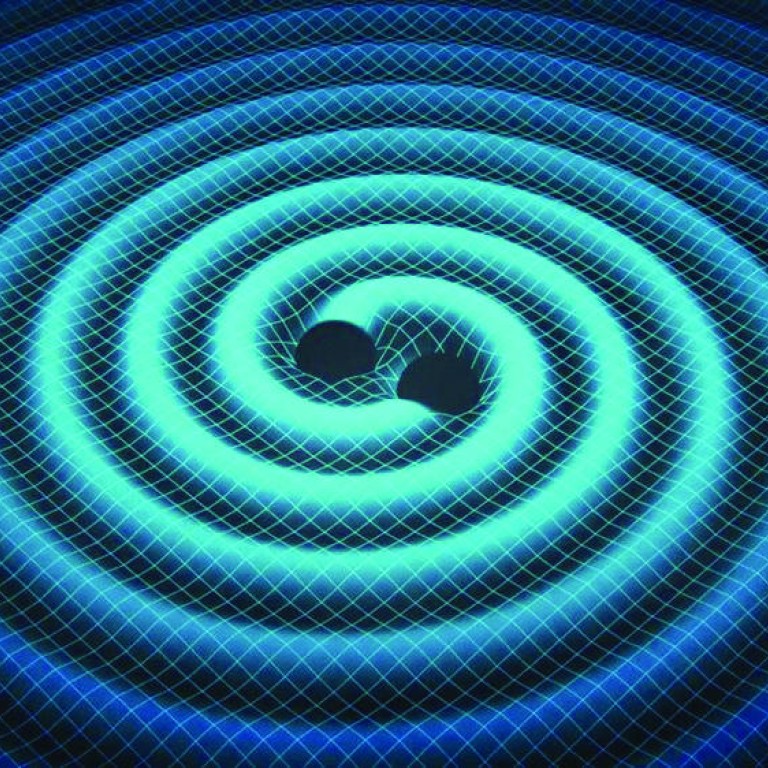
Proving gravitational waves exist seems unlikely, Chinese-led team of scientists find
In the recent US science fiction film Interstellar, mankind made huge strides in space discovery through its findings on the laws of gravity.
In the recent US science fiction film , mankind made huge strides in space discovery through its findings on the laws of gravity.
But in real life, a Chinese-led team of scientists using a new search algorithm have found that it is unlikely in the near future for man to prove that gravitational waves exist.
Albert Einstein first envisioned gravitational waves - ripples that can distort space and time - to exist on the basis of his theory of general relativity.
Einstein had predicted in 1916 that massive astronomical events, such as the collision of two black holes, would produce rippling waves of gravity that would affect time and space across the universe.
But an international team of scientists has found that with currently available knowledge and technology, proving such waves exist is unlikely. Even so, team leader Dr Wang Jingbo, an astrophysicist from the Chinese Academy of Sciences' Xinjiang Astronomical Observatory, says this should not discourage astronomers from their efforts to do so.
"The negative results applies to a limited search area," Wang said. "It is also possible that the astrophysical models that we used in the calculation were wrong, because they were generated using limited data."
Wang's team studied data collected by one of the world's most promising gravitational-wave search facilities, the Parkes Pulsar Timing Array in Australia.
Events that generate gravitational waves, such as the merging of two black holes, would affect the time taken for the pulsars' pulses to reach earth. Scientists can then prove the existence of gravitational waves by calculating the difference between the actual and expected time the pulses are received.
The research team developed an algorithm capable of filtering out noise.
But "even with a 20-year observing span, it is unlikely ... detection will be made," the scientists wrote in their paper.

